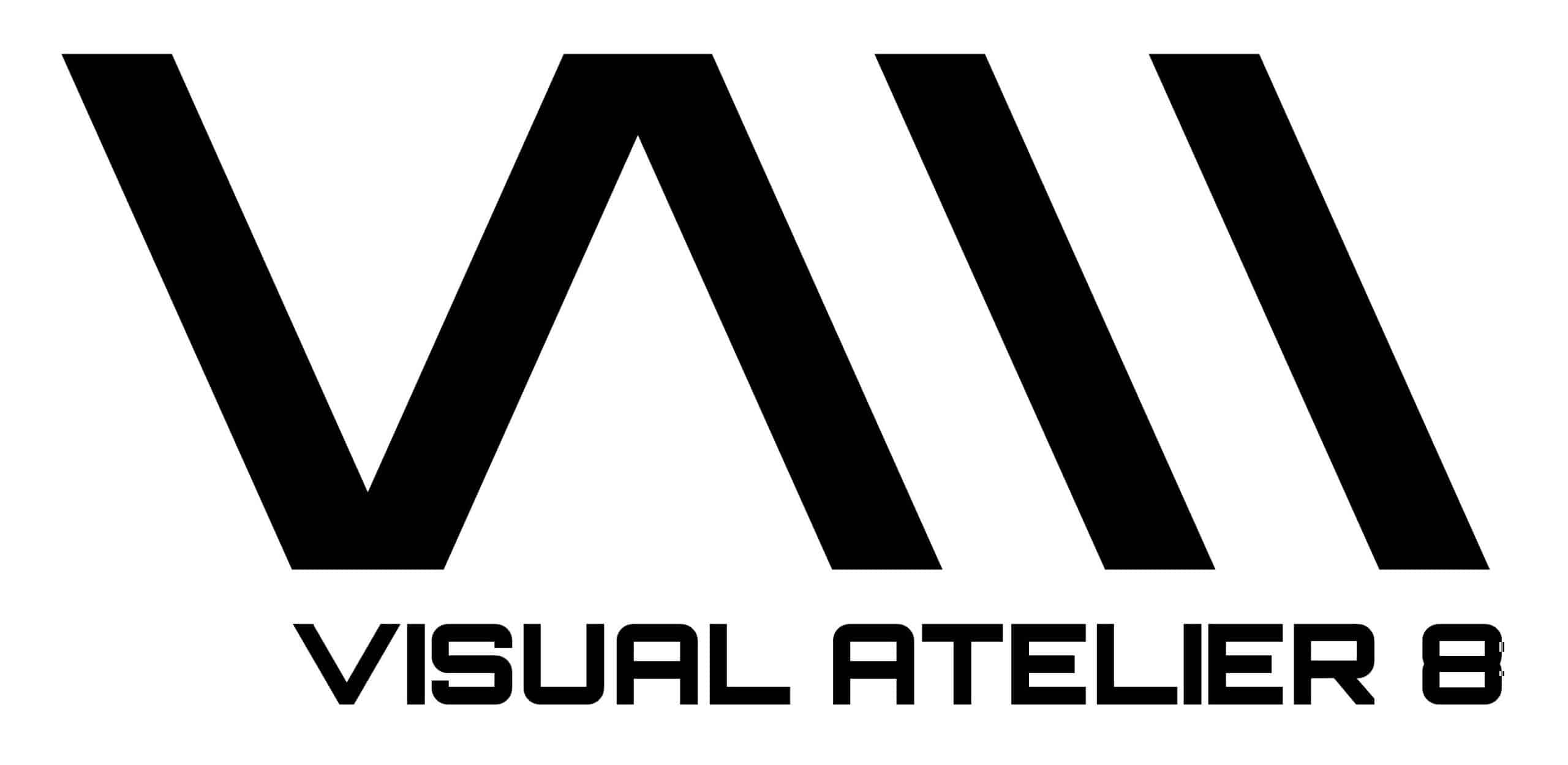
Teki Design’s Vision for the ‘2050 Coffee Problem’
The “2050 Coffee Problem” by Teki Design highlights a pressing concern about the future of coffee consumption. By the year 2050, the traditional experience of enjoying coffee may be significantly altered due to a variety of challenges, including climate change, labor conditions, and shifting consumer preferences.
This concept underscores the idea that the issue is not a single, large-scale crisis but an accumulation of smaller, individual problems that need to be addressed progressively. The notion encourages a shift in focus from tackling a singular problem to resolving multiple, smaller issues that collectively shape the future of coffee.


One of the major factors threatening coffee production is climate change, which could drastically reduce the regions suitable for cultivating coffee. This environmental shift would impact the supply chain, especially for workers whose livelihoods depend on the coffee industry.
Additionally, rising coffee consumption in regions like Asia, where tea has historically been the dominant drink, may further disrupt the balance between supply and demand. As these factors converge, they may transform coffee into a luxury product, enjoyed more as an occasional treat than a daily habit, thus affecting traditional coffee shop practices.


In response to these challenges, Teki Design proposes a reimagined coffee shop experience that fosters a more collaborative environment between customers, staff, and producers. The vision for the “2050 coffee” shop challenges conventional coffee service models, which typically involve large counters separating baristas from customers.
Instead, smaller counters with minimal functionality are designed to encourage communication and interaction, offering a space where visitors can engage with the future of coffee and contemplate solutions together. The focus is on fostering an environment that brings people closer to understanding and solving the smaller, personal problems that collectively contribute to the “2050 Coffee Problem.”


The design of the coffee shop incorporates sustainable materials, such as polycarbonate corrugated sheets, which are commonly used for practical purposes but are repurposed here to create visually striking elements. These materials, often found in construction, reflect light beautifully and add an unexpected aesthetic to the space. This choice of material aligns with the theme of reconsidering conventional elements in new contexts, mirroring the shop’s innovative approach to the coffee experience.
Sustainability is also a key consideration for the “2050 coffee” concept. The introduction of self-service coffee taps, which efficiently dispense coffee, reduces labor costs and minimizes the time required to serve each customer. This system allows for more interaction between patrons and staff, fostering a sense of community and communication. By catering to diverse customer needs, whether for quick service or social interaction, the coffee shop embraces a forward-thinking approach to the challenges facing the future of coffee.

Teki Design: https://tekidesign.jp

